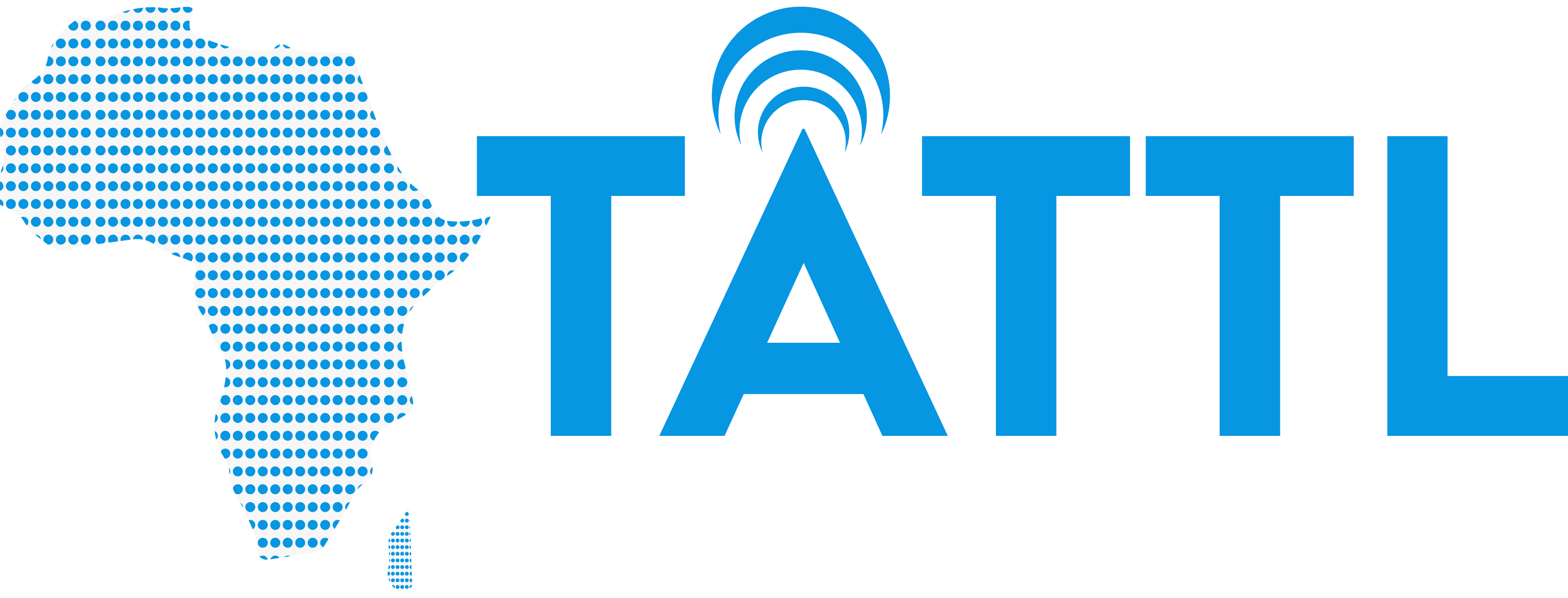Overview of Investment Projects
We are excited to inform you about our ambitious telecom project in West Africa, aimed at lifting roaming fees in the 15 ECOWAS countries. We are actively seeking investors who share our vision for this transformative venture.
If this opportunity piques your interest, I would be delighted to provide you with comprehensive details about the project and discuss the investment structure further.
1) West African Telecom Project - ECOWAS
🌐 Project Overview:
This +$6 billion initiative aims to eliminate exorbitant roaming charges that have been a significant challenge for individuals and businesses alike. Roaming fees, sometimes soaring up to $500 per month, have constrained everyday communication, forcing people to limit their phone usage or resort to carrying multiple phones.
🚕 Impact on Daily Lives:
Imagine cab drivers juggling 3 to 4 phones just to navigate around roaming charges. Everyday citizens are often restricted to a mere 3 to 4 hours of phone usage due to financial constraints imposed by these fees. Our project is set to change this narrative, making telecommunication accessible and affordable for all.
💼 Investment Opportunity:
We are pleased to announce the completion of our investment deck, now open for accredited investors. The initial offering includes 20 million shares in the first tranche. This is your chance to be part of a transformative project that will redefine telecommunication in the ECOWAS region.
🌟 How to Get Involved:
If you are eager to invest in a project with far-reaching impact, reach out to us, and we'll provide you with the detailed investment deck. Together, let's shape the future of telecommunication in West Africa!
2) Amilcar Cabral Submarine
Project Overview:
Welcome to the future of enhanced broadband connectivity in West Africa – the Amilcar Cabral Submarine Project. Designed to bridge nations and revolutionize communication infrastructure, our initiative connects Liberia, Sierra Leone, Guinea, Guinea-Bissau, The Gambia, and Cabo Verde.
Key Features:
Submarine Cable Infrastructure: State-of-the-art technology for reliable, high-speed internet connectivity.
Connectivity Map: Uniting West African nations, fostering collaboration and economic growth.
Redundancy Benefits: Ensuring uninterrupted service with strategic redundancy over the ACE Cable.
Feasibility Excellence: Rigorous studies affirm technical, economic, and environmental viability.
Embrace the power of seamless connectivity. Explore the Amilcar Cabral Submarine Project – where innovation meets progress.
Potential Returns
The region’s growing digital landscape, coupled with the project’s focus on key nations, presents a promising avenue for sustained returns. As the initiative contributes to economic development and regional progress, investors stand to benefit not only from financial gains but also from the positive impact on socio-economic growth

How to Invest
Investors can tap into the growing demand for reliable and high-speed internet connectivity, positioning themselves at the forefront of West Africa’s digital transformation. Whether through strategic partnerships or direct financial investment, participating in this project offers the chance to drive progress, ensuring sustained growth and long-term returns. Join us in shaping the future – invest in the West African Telecom & Amilcar Cabral Submarine Project and be a catalyst for regional connectivity and economic advancement.
Click Here to submit your inquiry.
Our investment deck, now open to accredited investors. The initial offering includes 20 million shares in the first tranche.
Venture Capital Firms: Firms specializing in technology investments, infrastructure, or emerging markets could see the potential for significant returns and positive social impact in this project.
Private Equity Investors: Investors with a focus on infrastructure development, telecommunications, or impact investing might find this project aligns with their investment criteria.
Angel Investors: High-net-worth individuals interested in supporting innovative projects with the potential for high growth and social impact could be interested in this opportunity.
Corporate Investors: Telecommunication companies, technology firms, or conglomerates operating in Africa or with an interest in expanding their presence in the region might see strategic value in investing in this project.
Development Finance Institutions (DFIs): Organizations such as the World Bank, African Development Bank, or regional development banks may be interested in supporting projects that contribute to economic development and connectivity in the ECOWAS region.
Government Funds: Sovereign wealth funds or government investment arms interested in fostering economic growth and technological advancement in West Africa could consider investing in this project.
High Net Worth Individuals: Individuals with a personal interest in telecommunications, Africa, or impact investing may see this as an opportunity to make a meaningful investment while generating financial returns.
Social Impact Investors: Funds or individuals focused on generating positive social or environmental impact alongside financial returns may view this project as an opportunity to address digital inclusion and connectivity challenges in West Africa.
Strategic Investors: Companies or individuals with a strategic interest in the telecommunications industry or expansion into African markets could be attracted to this project as a means of gaining market access or diversifying their portfolio.
Family Offices: Family offices seeking investment opportunities that align with their values and long-term goals may see this project as an opportunity to support technological advancement and economic development in the region.
Government Grants:
- Development Grants: Many governments, particularly those of developed countries, offer grants aimed at supporting development projects in emerging markets. These grants may be provided directly by the government or through agencies like the United States Agency for International Development (USAID) or the UK Department for International Development (DFID).
- Innovation Grants: Governments may provide grants to support innovative projects that address pressing societal challenges, such as improving telecommunications infrastructure.
- Trade and Investment Grants: Some governments offer grants to encourage trade and investment in specific regions or industries. Projects that contribute to economic development and trade facilitation in West Africa may be eligible for such grants.
International Organizations Grants:
- World Bank Grants: The World Bank provides grants for projects that promote economic development, poverty reduction, and infrastructure improvement in developing countries. Projects focused on improving telecommunications infrastructure in West Africa could qualify for World Bank grants.
- African Development Bank Grants: The African Development Bank offers grants to support development projects across the African continent, including those related to infrastructure development and economic integration.
- European Union Grants: The European Union provides grants through various programs aimed at promoting sustainable development, economic growth, and regional integration. Projects that contribute to improving telecommunications infrastructure in West Africa may be eligible for EU grants.
Non-Governmental Organization (NGO) Grants:
- Foundation Grants: Foundations and philanthropic organizations may offer grants to support projects that align with their mission and focus areas. NGOs working in the field of telecommunications, technology, or international development may provide funding for projects in West Africa.
- Corporate Social Responsibility (CSR) Grants: Companies with a presence in Africa or an interest in corporate social responsibility may offer grants to support projects that benefit local communities and contribute to sustainable development. Telecommunication companies or technology firms operating in the region may provide funding for projects aimed at improving connectivity and reducing roaming charges.
Research and Innovation Grants:
- Research Grants: Universities, research institutions, and international organizations may offer grants to support research projects related to telecommunications infrastructure, digital connectivity, and economic development in West Africa.
- Innovation Grants: Organizations like the African Innovation Foundation or the African Union's Innovation Prize for Africa may offer grants to support innovative projects that address specific challenges in the region, including those related to telecommunications and connectivity.
Bank Loans:
- Term Loans: Traditional term loans from commercial banks could be used to finance capital expenditures related to the telecommunications project. These loans typically have fixed interest rates and a predetermined repayment schedule.
- Revolving Credit Facilities: Revolving credit facilities provide businesses with access to a line of credit that can be drawn upon as needed. This type of financing can be useful for managing short-term cash flow fluctuations or funding ongoing operational expenses.
Project Finance:
- Project Loans: Project finance involves securing debt financing specifically for a particular project, with the project's assets and cash flows serving as collateral. This type of financing is commonly used for large infrastructure projects like telecommunications network upgrades.
- Public-Private Partnerships (PPPs): PPPs involve collaboration between the public and private sectors to finance and operate infrastructure projects. Debt financing for PPPs may come from a combination of commercial banks, development banks, and bond markets.
Bond Issuance:
- Corporate Bonds: Issuing corporate bonds can be a way to raise long-term debt capital from investors. Bonds may have fixed or variable interest rates and typically have a maturity date when the principal must be repaid.
- Project Bonds: Project bonds are debt securities issued to finance a specific infrastructure project, with the project's cash flows serving as the primary source of repayment. Institutional investors such as pension funds and insurance companies are common purchasers of project bonds.
Export Credit Agencies (ECAs):
- ECAs provide financing and insurance to support exports and investments in foreign markets. ECAs may offer favorable financing terms, such as extended repayment periods or fixed interest rates, to support telecommunications projects in West Africa.
Development Finance Institutions (DFIs):
- DFIs such as the International Finance Corporation (IFC) or the African Development Bank (AfDB) provide long-term financing and technical assistance to support private sector development in emerging markets. DFIs may offer debt financing with concessional terms to support telecommunications projects with a developmental impact.
Mezzanine Financing:
- Mezzanine financing combines elements of debt and equity financing, providing investors with a hybrid security that may include features such as convertible debt or warrants. Mezzanine financing can be used to complement other forms of debt financing and may appeal to investors seeking higher returns in exchange for additional risk.
Disclaimer: The information provided on this investment portfolio is intended solely for accredited investors as defined by relevant securities laws. It is provided for educational and informational purposes only and should not be construed as an offer to sell or a solicitation of an offer to buy any securities or investment products. Accredited investors are encouraged to conduct their own due diligence and consult with their financial advisors before making any investment decisions. Investments involve risks, including the potential loss of principal, and past performance is not indicative of future results. The portfolio manager makes no guarantees regarding the accuracy, completeness, or reliability of the information provided, and shall not be held liable for any errors, omissions, or losses arising from its use. Accredited investors are responsible for their own investment decisions and should carefully consider their risk tolerance and investment objectives before investing.

